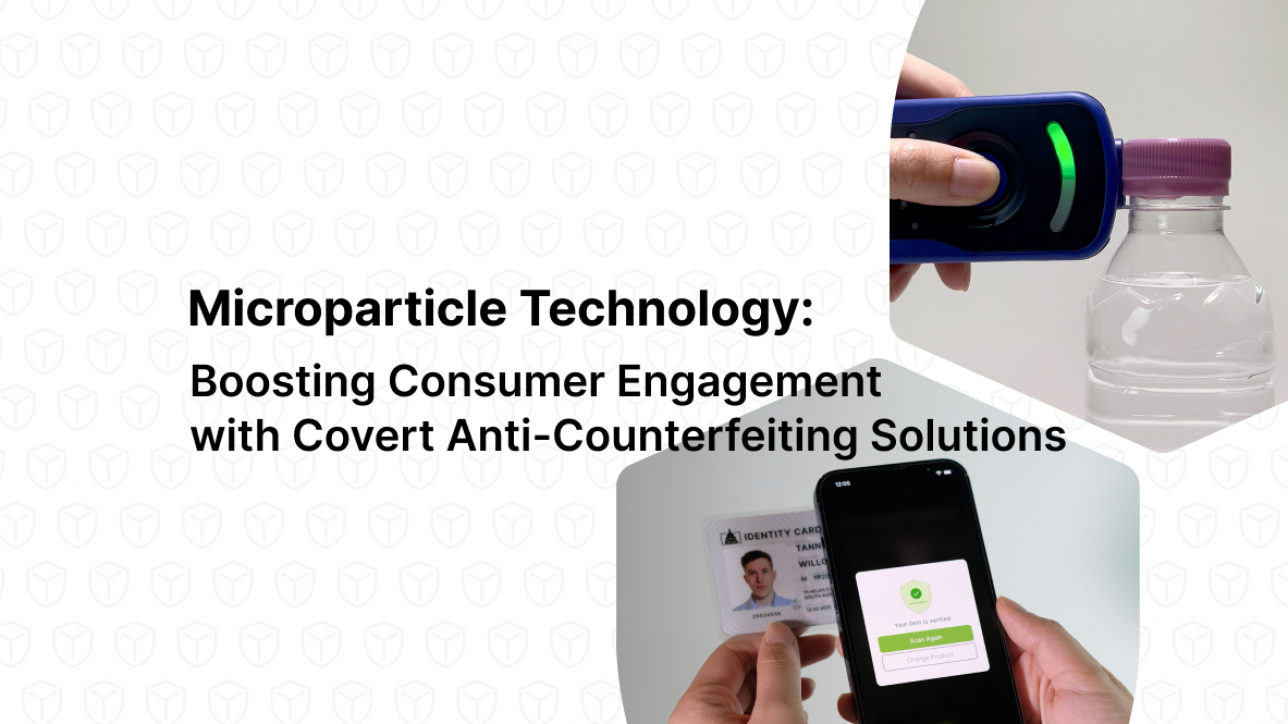Table of Contents
1. Introduction
As counterfeit goods continue to flood the global market, businesses are struggling to protect their brand reputation and maintain consumer trust. Covert anti-counterfeiting technology using microparticle technology has emerged as a cutting-edge solution to address this growing problem. This article explores the significance of this technology, its advantages, and its applications in consumer engagement and anti-counterfeiting efforts.
2. The Growing Threat of Counterfeiting
The global counterfeit market is estimated to be worth over $1 trillion, posing a severe threat to businesses worldwide. With advancements in technology, counterfeiters have become more sophisticated, making it increasingly challenging for companies to protect their intellectual property, reputation, and revenue. This has led to an urgent need for advanced anti-counterfeiting solutions that can effectively combat the issue and ensure consumer trust.
3. Microparticle Technology: The Ultimate Weapon Against Counterfeiters
3.1. What is Microparticle Technology?
Microparticle technology is a cutting-edge covert anti-counterfeiting solution that uses microscopic particles embedded in products and packaging to prevent counterfeiting. These particles, often made from materials such as polymers or ceramics, contain unique signatures that can be detected using specialized equipment. This technology allows companies to securely authenticate their products, making it nearly impossible for counterfeiters to replicate.
3.2. Advantages of Microparticle Technology
Some of the key advantages of using microparticle technology for anti-counterfeiting include:
- Covert protection: Microparticles are invisible to the naked eye, making it difficult for counterfeiters to detect their presence.
- High security: Unique signatures and complex coding systems provide robust protection against replication.
- Versatility: Microparticles can be incorporated into various materials, including plastics, metals, and textiles, making them suitable for a wide range of products.
- Easy authentication: Specialised handheld equipment and smartphones can quickly and accurately verify the presence of microparticles, ensuring efficient product authentication.
4. Combining Consumer Engagement with Anti-Counterfeiting Technology
Companies specialising in consumer engagement and anti-counterfeiting technology can leverage microparticle technology to not only protect their products but also engage with consumers. By integrating this technology into mobile applications, consumers can easily authenticate products themselves, providing an interactive and trust-building experience. This can lead to increased brand loyalty and customer satisfaction, as well as help in the fight against counterfeit goods.
5. Conclusion
Covert anti-counterfeiting technology using microparticle technology offers a powerful and effective solution for businesses looking to protect their products and engage with consumers. By adopting this advanced technology, companies can maintain their reputation, secure their revenue, and build trust with their customers in the face of the ever-growing threat of counterfeiting. As counterfeit goods become increasingly sophisticated, it is essential for companies to stay ahead of the curve by adopting innovative technologies like microparticle technology. This not only provides robust protection against counterfeiting but also enables businesses to strengthen consumer engagement, ultimately contributing to their long-term success.

